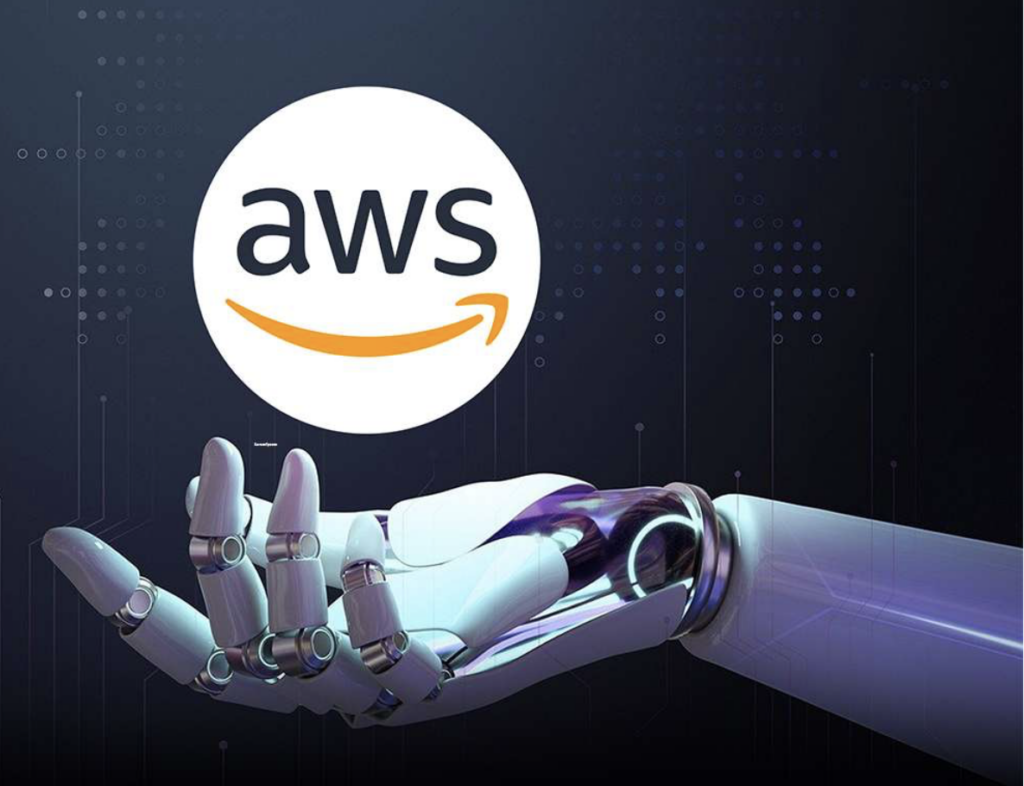The Philippines’ AI ecosystem is booming, but a new study unveiled at AWS Cloud Day Philippines 2025 shows that a troubling divide is emerging, with agile startups far outpacing large corporations in AI innovation.

The research, a collaboration between Amazon Web Services (AWS) and Strand Partners, warns that this gap could create a “two-tier” AI economy with significant long-term consequences for the country’s growth.
According to the “Unlocking The Philippines’ AI Potential” report, AI adoption in the Philippines has surged by 50% over the past year. In 2024 alone, 80,000 businesses began using AI, a rate of more than nine new adopters every hour. This brings the total number of AI-adopting businesses to over 250,000, or 21% of all companies in the country. The economic benefits are already clear, with 64% of businesses reporting an average revenue increase of 18%.
A growing gap in the fintech industry
For the fintech industry, these numbers signal a new era of opportunity.
Businesses already leveraging AI are reporting significant gains, with 64% seeing an average revenue increase of 18%. Productivity has jumped for 70% of AI adopters, allowing companies to automate routine tasks and enhance customer service — critical metrics for fintech firms striving to improve efficiency and provide seamless user experiences.

However, the AWS study uncovers a critical divide. While adoption is widespread, the depth of AI integration remains shallow for most. The report categorizes AI use into three stages: “Exploring,” “Integrating,” and “Transforming.” A staggering 78% of businesses are stuck in the basic “Exploring” stage, using AI for simple tasks like chatbots or data entry. Only 8% have reached the most advanced “Transforming” stage, where AI is a core part of product development and strategy.
This is where the Philippine fintech landscape faces its greatest challenge. The study notes that while many large enterprises are quick to adopt AI for basic efficiency gains, they are being significantly outpaced by smaller, nimbler startups. Startups are proving to be the true innovators, with a striking 40% of AI-adopting startups building entirely new AI-driven products and services.
In contrast, only a small fraction of large enterprises (just 7%) have progressed to this advanced level of integration. A majority of large enterprises, at 85%, remain at the basic level of AI use, focused on incremental gains and streamlining processes.
“It is an interesting phenomenon we are seeing with AI adoption coming out of the study results in the Philippines,” said Nick Bonstow, Director at Strand Partners. “Larger enterprises are also at risk of being left behind by the nimbler, faster-paced startups. The resulting ‘two-tier’ AI economy could have lasting implications on a country’s future economic development. Celebrating AI adoption numbers alone masks the deeper challenges many businesses face across the Philippines.”
AWS: Addressing the barriers to AI innovation
The primary barrier to deeper AI adoption is a lack of digital skills. More than half of all businesses (57%) cited a skills gap as the primary reason they are held back. While many companies have the technology and the vision, they lack the skilled personnel needed to implement advanced AI solutions. The report found that AI literacy is expected to be required in 61% of jobs within the next three years, but only 26% of businesses feel prepared with their current workforce’s skillset.

Precious Lim, Country General Manager at AWS Philippines
During the media briefing, Precious Lim, Country General Manager at AWS Philippines, highlighted the skills gap as a major challenge. “First is skills. We go back to skills,” she stated. She explained that while the company is committed to helping the Filipino workforce upskill—with a target of more than 100,000 individuals already reached—the issue goes beyond technical know-how.
“It’s also about the thinking process,” she said. Citing a phrase used by a colleague, she called it the “CEO instinct” — the ability to look at an available technology and realize it can solve a business problem. This kind of mindset, she noted, is a key focus of AWS’s ongoing upskilling initiatives.
Beyond skills, the report highlights regulatory uncertainty and rising compliance costs as key challenges. The research found that 42% of businesses are concerned that new regulations could slow down AI innovation, while 40% worry about an increase in compliance costs.
Businesses in the Philippines estimate that US$19 out of every US$100 spent on technology goes towards compliance-related costs, and 72% expect these costs to rise further in the next three years.

The report suggests three key actions to overcome these obstacles:
- Invest in digital skills: Prioritize the development of industry-specific digital skills programs.
- Maintain clear regulation: Foster a clear and predictable regulatory environment that is pro-innovation.
- Public sector leadership: Accelerate digital transformation in the public sector, especially in healthcare and education, to lead by example.
Lim concluded by emphasizing AWS’s commitment. “At AWS, we remain committed to supporting the broad adoption of generative AI, through our infrastructure investments and skills training initiatives.”






